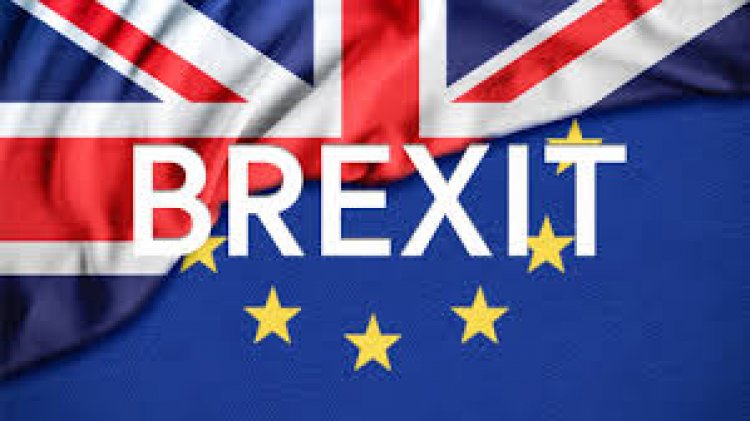The Brexit and its consequences in the EU and Hungary

The United Kingdom, the second-largest country of the EU, at 31. December 2020, left the bloc, creating a precedent. The first step towards Brexit was the promise of David Cameron in 2013 to organize a referendum about the UK's EU membership. Cameron was strongly convinced that the Remain will win, yet Britain voted for Leave with a tight marge of 51,9%. Years of near chaos and turbulences followed till Boris Johnson finalized the process of Brexit. Through the contract between the UK and the EU commerce and tax, policies are partially solved, yet many important questions are still unresolved, especially the regulation of the UK services domain, making up to 80 % of the exchange.
Both sides can be considered losers, and the recovery from the losses caused by Brexit is laying in the far future. For countries like Hungary, Brexit is an especially sensitive matter. With the UK leaving the EU, the reduced budget of the Union decreases the financial benefits of the profiting countries. Besides, it will be heavier and more expensive for Hungarian citizens to work or study in Great Britain.
However loud the polemic concerning plenty of sensitive issues between Hungary and the EU is, Hungary won't follow the path of the UK. A stabile 80% of Hungarians are pro-Europeans and Hungary is well embedded in the EU structures. On the other hand, we can't miss mentioning that our state founder, King St. Stephen, used whole his power to bound his country to the West, meantime, he did everything to preserve the independence of his country.
Original: T. Kovács Péter: A Brexit és következményei az Európai Unióban és Magyarországon (extract)



























